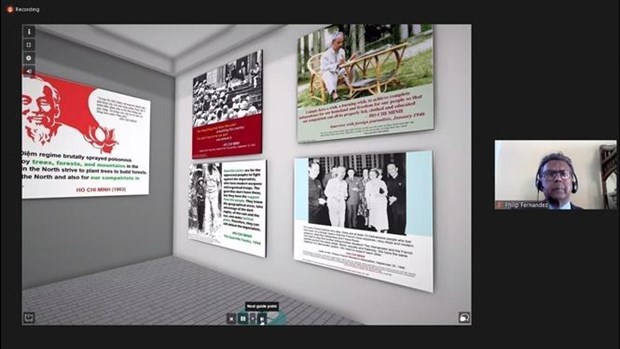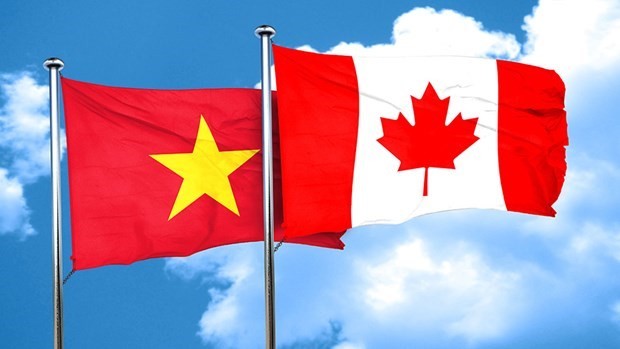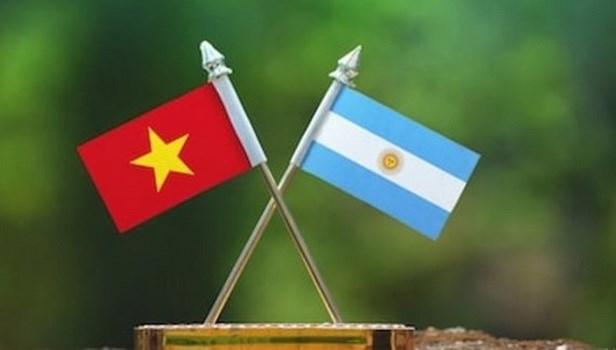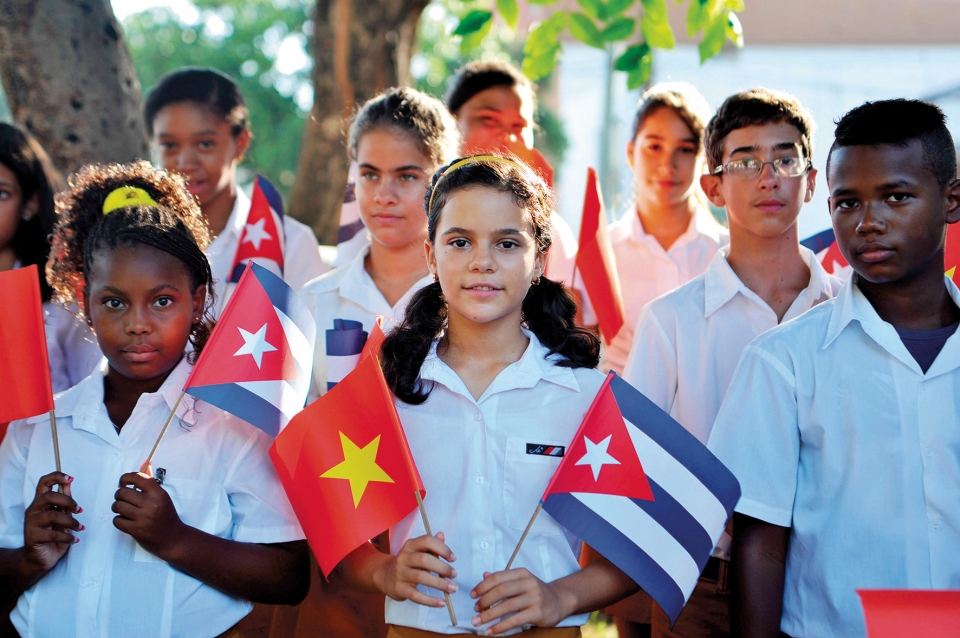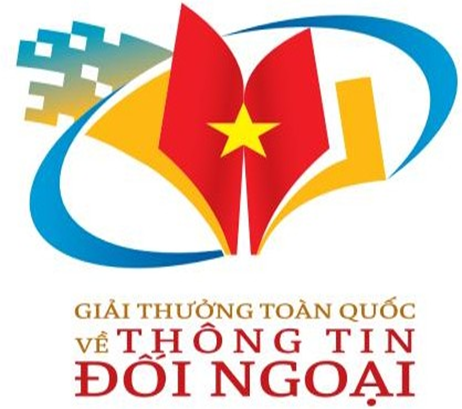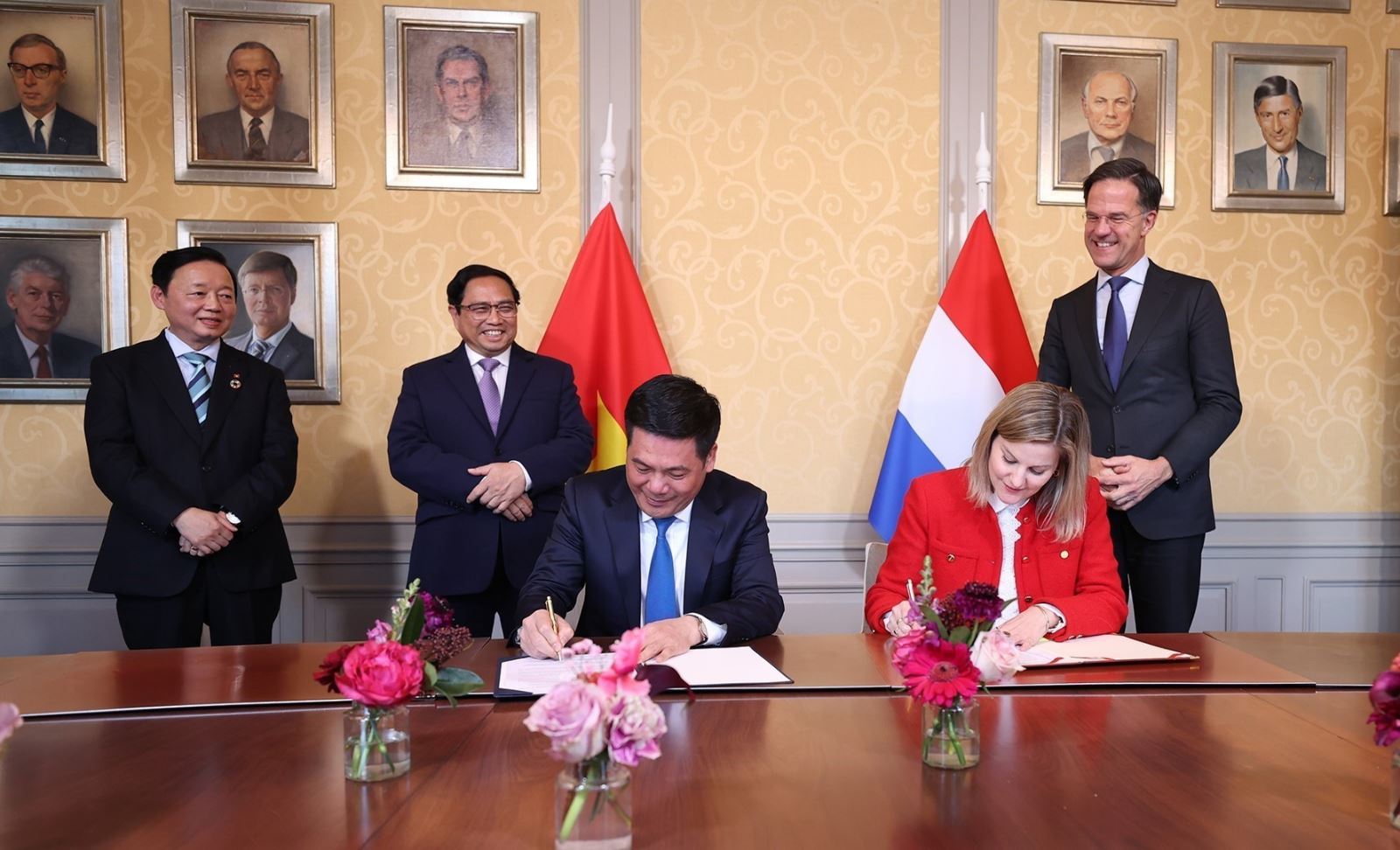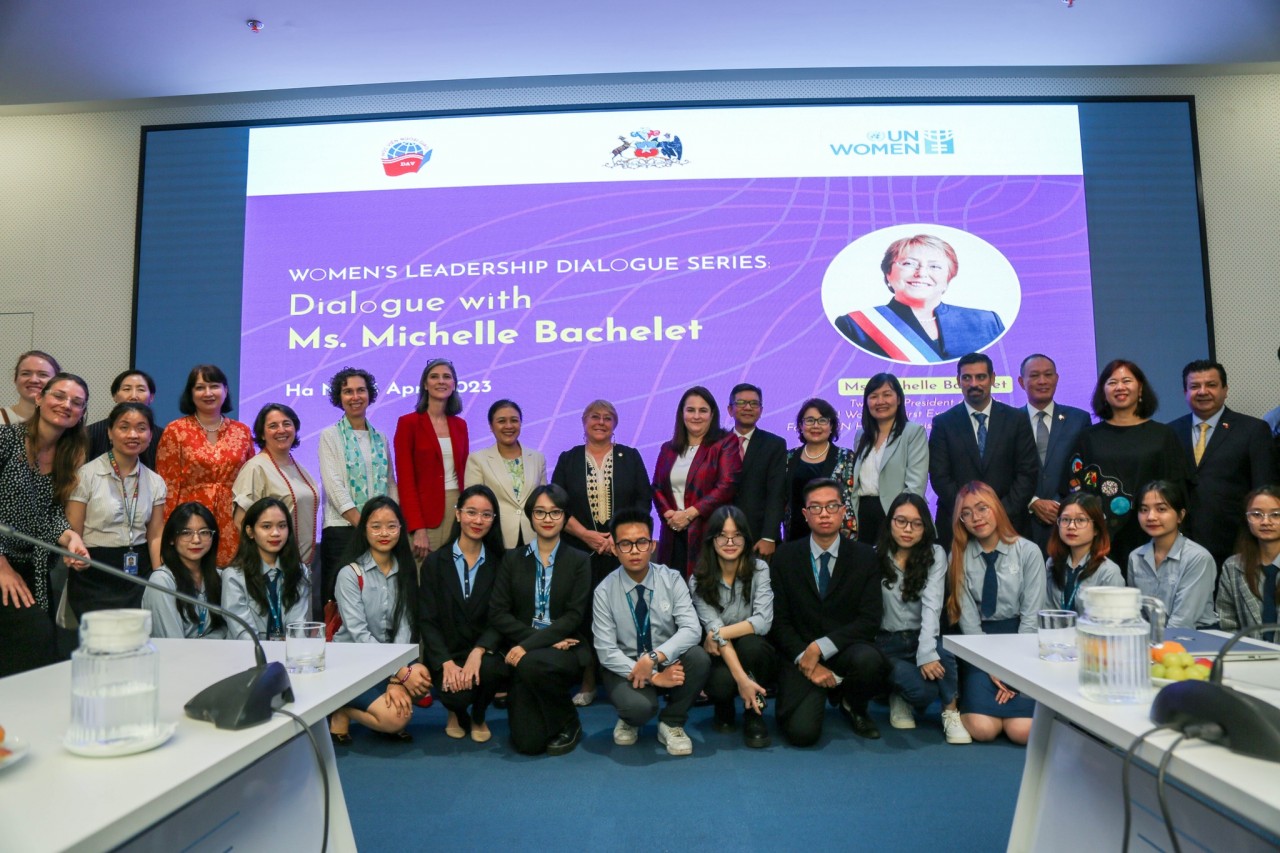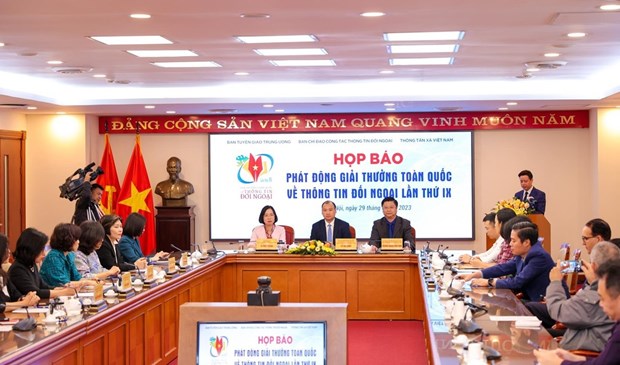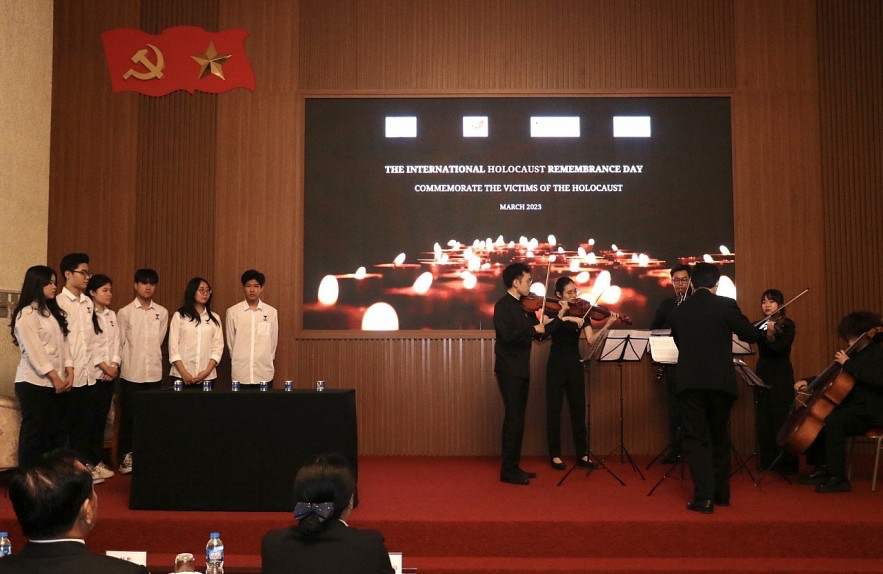The relationship between Vietnam and France will continue to grow and become more substantive in the coming time, meeting the interests of the two peoples, and contributing to peace, stability, and development in the region and the world.
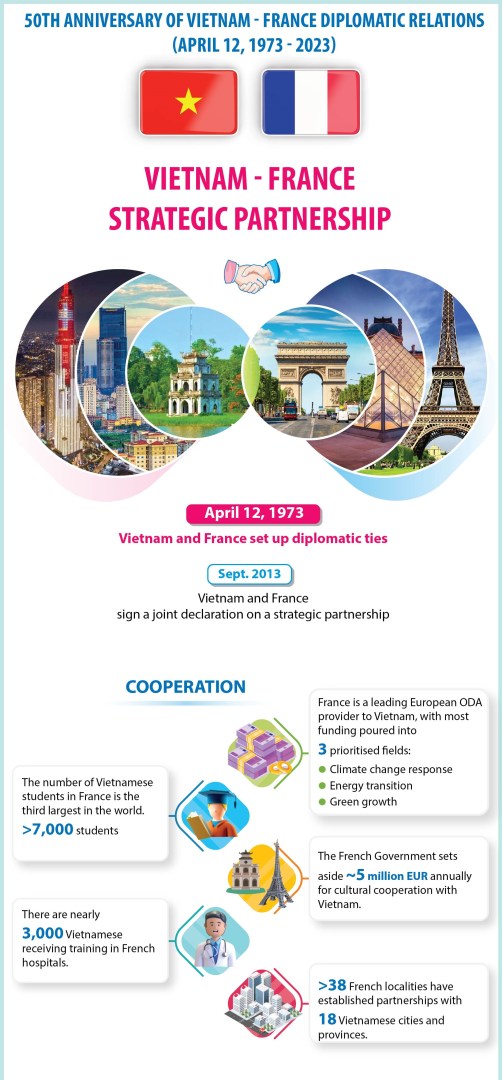
Increasingly extensive Strategic Partnership
Vietnam and France established diplomatic relations at the ambassadorial level on April 12, 1973. In the late 80s, France was the leading country in improving relations and removing debts, helping Vietnam with creditor countries that were members of the Paris Club.

President Francois Mitterrand receives Prime Minister Vo Van Kiet (C) in 1993 (Photo: VNA)
In the context that Vietnam’s Doi Moi (Renewal) gained important achievements and the country was stepping up its integration into the international community, the visit to Vietnam by French President Francois Mitterrand in March 1993 marked an important milestone in relations, especially in strategies deployed by France in Southeast Asia and the Asia-Pacific.
On the Vietnamese side, the nation attached special importance to its cooperation with France, considering it an important partner in foreign policy, traditional friendship, mutual trust, and strategic partnership.
Forty years after the establishment of their diplomatic ties, the two countries signed the Joint Statement on the Vietnam-France Strategic Partnership on the occasion of Prime Minister Nguyen Tan Dung’s visit to France in September 2013. This milestone has created momentum to develop bilateral relations in a deeper and more substantive manner.

On September 25, 2013, in Paris, Prime Minister Nguyen Tan Dung (L) and his French counterpart Jean – Marc Ayrault sign Joint Statement on the Vietnam-France Strategic Partnership (Photo: VNA)
The two countries have maintained regular exchange mechanisms on politics, economics, and defence at all levels. Currently, Vietnam and France have many favourable conditions to strengthen their relations, as France is a core power in Europe, and is actively promoting its global role, with important interests and influence in Asia; while Vietnam is a fast-growing, dynamic economy that plays an important role in the Association of Southeast Asian Nations (ASEAN) and East Asia. The two countries also share many similar views and interests in international affairs, making it easier to enhance bilateral cooperation.
“From a complicated past with many difficult times, even the war, the two countries have distilled, kept the best, and helped the relationship move forward,”
President of the French Senate Gérard Larcher stressed during his visit to Vietnam in December 2022.
Pivotal role of economic cooperation
Economic cooperation has achieved much in the bilateral relationship between Vietnam and France. France is Vietnam’s fifth largest European trading partner, after Germany, the Netherlands, the UK, and Italy. Two-way trade tripled from about 1.6 billion USD in 2009 to 5.3 billion USD in 2019. Last year, the turnover reached 5.33 billion USD.
Meanwhile, as of March 2022, Vietnam had invested in 18 projects totaling over 38 million USD in France – quite modest compared with the cooperation potential between the two countries as well as the strength of French businesses and Vietnam’s investment and development needs.


In terms of development cooperation, France is the leading European bilateral ODA donor to Vietnam and the latter also ranks second among the former’s ODA beneficiaries in Asia, with a total committed capital of up to 18.4 billion USD since 1993. France provides funds of at least 200 million EUR (nearly 231 million USD) in ODA each year for Vietnam, with a focus on climate change, energy transition, and green growth. Vietnam is also one of the few countries that enjoy all three financial aid channels from France, namely ODA from the treasury, concessional loans from the French Development Agency (AFD), and from the Priority Solidarity Fund (FSP).
Cooperation in education, culture, and between localities
France always considers education and training a priority in its cooperation activities in Vietnam, focusing mainly on teaching and developing the French language, and training human resources at the higher educational and post-graduate levels in many fields, such as economic management, banking, finance, law, and new technology.
In particular, as both are members of the International Organization of La Francophonie (OIF), they have had many cooperation activities within the framework of the OIF, especially in the field of French language teaching. Every year, the French Government grants about 80 scholarships to Vietnamese students to study in France, in order to help Vietnam train high-quality human resources. France is home to the third largest number of Vietnamese students in the world with over 10,000 students, representing an increase of about 40% over the past 10 years.


Cultural exchanges between the two countries are increasingly developing as well. Every year, the French Government spends about 5 million EUR on cultural cooperation with Vietnam, specifically to support the operation of French cultural centres in Hanoi (L’Espace), and Ho Chi Minh City (Institute of Cultural Exchange with France-IDECAF).
Meanwhile, health is a traditional field of cooperation with nearly 3,000 Vietnamese doctors practicing in French hospitals and reflected through collaboration between the Paris Pasteur Institute and Pasteur Institutes in Vietnam. During the COVID-19 outbreaks, the two countries had a lot of mutual support, in which Vietnam provided France with face masks, and France granted 5.5 million doses of vaccines and medical equipment to the Southeast Asian nation.

Collaboration between localities is also a feature of Vietnam-France relations. Currently, there are 38 French localities that have partnerships with 18 provinces and cities in Vietnam. Since 1990, there have been 235 decentralised cooperation projects between the two countries. The focus has been on the fields of health, education, water and sanitation, heritage conservation, rural development, and sustainable development. By 2022, the two countries had successfully coordinated in organising 11 rotating sessions on decentralised cooperation./.

(1).jpg)
